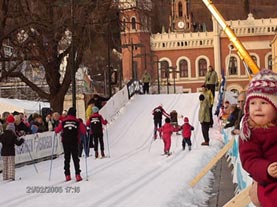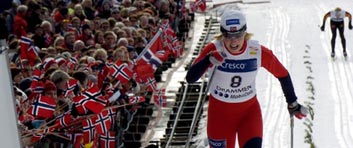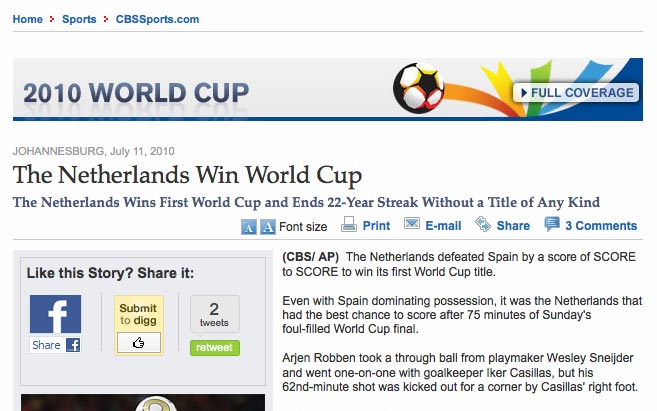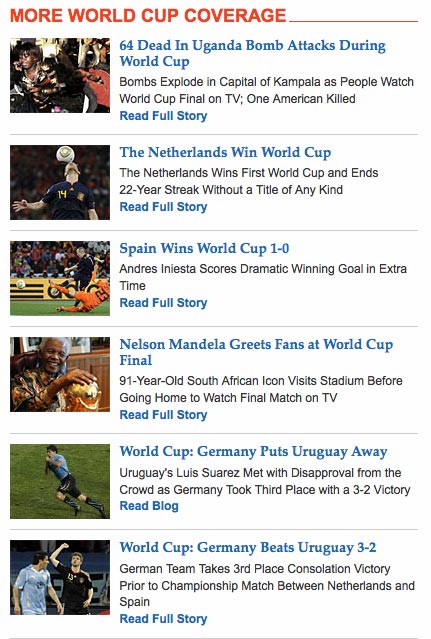 Kristine Lowe’s (left) Online Journalism Scandinavia this week looks at the (weird and wonderful) challenges of soliciting readers’ contributions.
Kristine Lowe’s (left) Online Journalism Scandinavia this week looks at the (weird and wonderful) challenges of soliciting readers’ contributions.
Local newspaper readers more keen to submit photos of their own kids than of world champions, that’s what one online newspaper in Norway found out last month.
Mecom-owned Drammens Tidende (DT) invited its readers to help them cover this year’s World Cup Ski Sprint in Drammen, but found their readers were more interested in the Children’s Ski Cup that took place a day prior to the international event.

(Reader-submitted picture (above) and the pro snap (below) – both courtesy of DT)

“In retrospective, we might have done better to put more of our resources into soliciting pictures from the Children’s Cup,” said Geir Arne Bore, editor-in-chief of DT, a Norwegian regional newspapers headquartered in Drammen.
“The traffic to our news site doubled on the day of the World Cup, and the shots submitted by readers garnered quite some interest, but people were particularly interested in viewing and submitting pictures from the Children’s Cup.
“Our experiences confirm the general impression which is taking root in Norwegian media: user generated content does not come unsolicited, and if it does come it is on issues people are very passionate about, or as a result of substantial marketing.
“I guess you could say this in line with the trend described in ‘The state of the news media 2008’,” Bore added.
DT is one of the early testers of ‘The Readers Newspaper’, an online portal where readers can upload text, pictures and video. It’s developed by Edda Media, Mecom’s Norwegian arm, and is still in Beta.
So far, DT’s readers have mostly uploaded text and pictures about entertainment events, while Budstikka.no, another early tester, has attracted more content about local sports events.
The portal is expected to be rolled out to all of Edda Media’s regional and local papers over the coming months.




